US Senate passes bill to ban all products from China's Xinjiang
The US Senate has passed a bill that would ban the importation of all products from China’s Xinjiang in a bid to punish Beijing for what Washington claims is an ongoing campaign of rights abuse against Uyghurs and other Muslim groups.
Uyghur Forced Labor Prevention Act, which was passed by unanimous consent on Wednesday, would create a "rebuttable presumption" assuming goods produced in Xinjiang are made using forced labor and, thus, barred under the 1930 Tariff Act.
In order for goods to enter the United States, an importer would need to prove that those goods are not made with forced labor.
The bipartisan measure must also pass the House of Representatives before it could be sent to President Joe Biden to sign into law.
The measure was introduced by Senators Marco Rubio (R., Fla.) and Jeff Merkley (D., Ore.) who called on the House to act "promptly".
“Once this bill passes the House and is signed by the President, the United States will have more tools to prevent products made with forced labor from entering our nation’s supply chains,” Rubio said in a statement.
"We will not turn a blind eye to the CCP's ongoing crimes against humanity, and we will not allow corporations a free pass to profit from those horrific abuses," Rubio added.
“No American consumers should be inadvertently purchasing products from slave labor,” Merkley commented.
Activists and UN rights experts say at least one million Muslims have been forced into camps in the western autonomous region of Xinjiang.
Beijing, however, denies reports that Uyghurs are unfairly marginalized, saying it is addressing underdevelopment and lack of jobs in the heavily Uyghur populated areas such as Xinjiang.
Chinese officials have characterized the camps as “vocational education and employment training centers” for “criminals involved in minor offenses.”
The United States, Britain, Canada, and the European Union have imposed sanctions on China with regard to allegations of human rights violations in Xinjiang.
The latest bill would go beyond measures already taken to secure US supply chains in the face of allegations of rights abuses in China, including existing bans on Xinjiang tomatoes, cotton and some solar products.
Various companies including Apple, Coca-Cola, and Nike lobbied against the bill in 2020.
Meanwhile, the Biden administration on Tuesday issued an advisory, warning businesses they could run the risk of violating American law if operations are linked even indirectly to surveillance networks in Xinjiang.

Trump deportation policy

President Lula: Brazil to reciprocate US steel tariffs
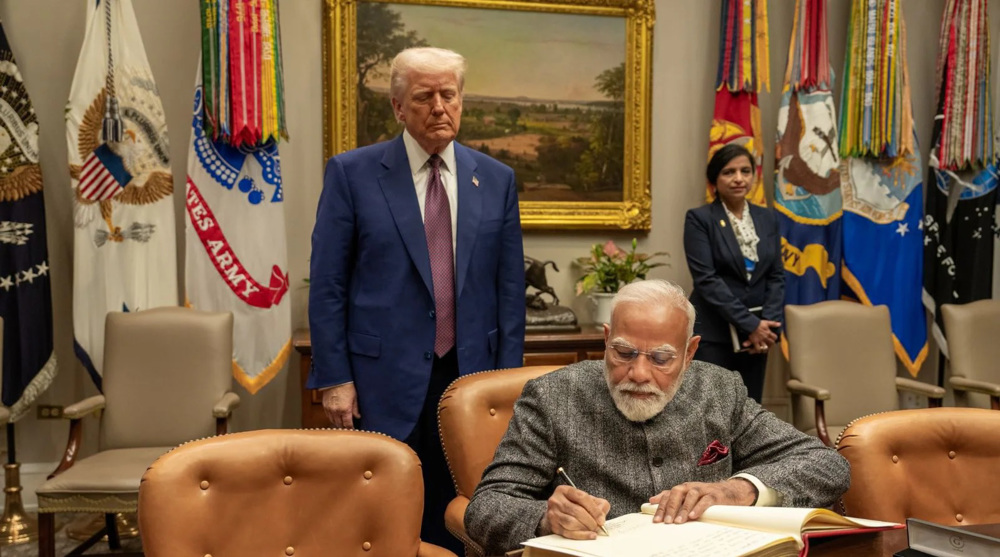
Trump says US to dramatically increase military sales to India, including F-35 jets
Australian senator smeared by anti-Iran groups for saying Iranian women 'have a voice'
Hezbollah's display of power proved resistance cannot be eliminated: Iran parl. speaker
Israel escalates West Bank raids as official says regime seeking to complete Gaza genocide
Palestinian man dies in Israeli prison as Foreign Ministry urges intl. probe into regime’s crimes
Putin says not opposed to Europeans’ involvement in Ukraine talks
VIDEO | Iranian Kurdish protesters demand European action against PKK, PJAK terror
VIDEO | Israel expands offensive in northern West Bank, deploys tanks to Jenin
VIDEO | Spaniards fill streets of Cádiz in solidarity with Palestine


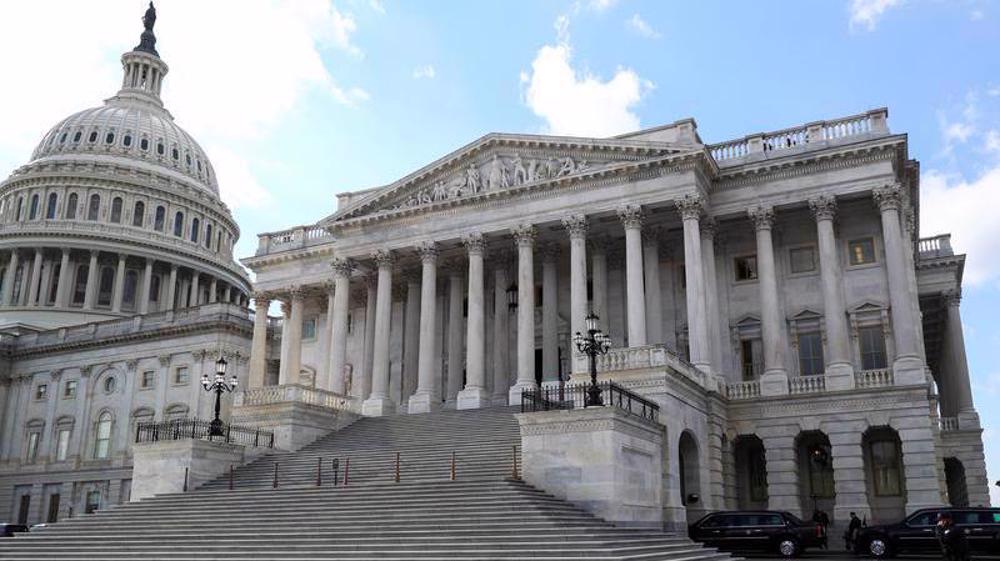
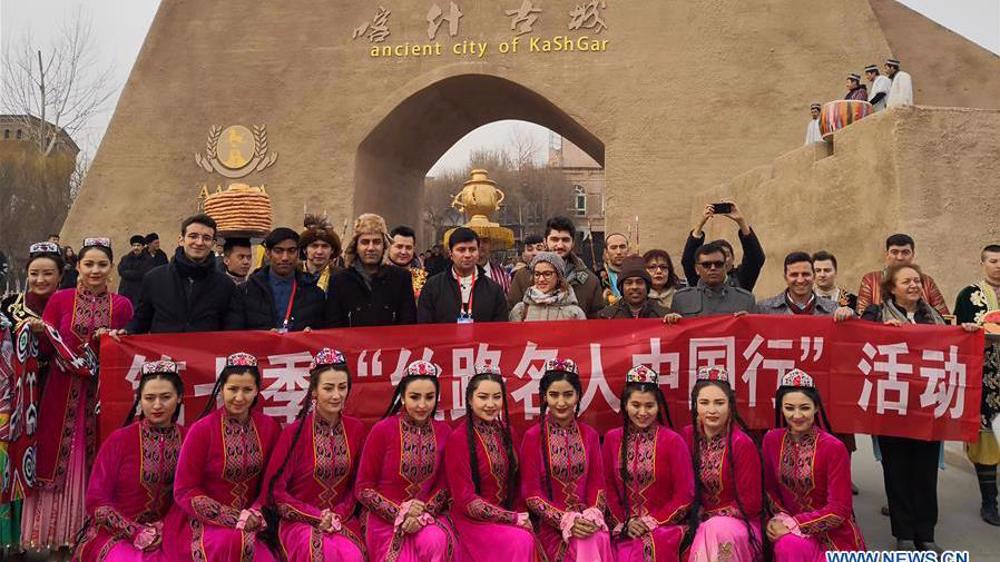



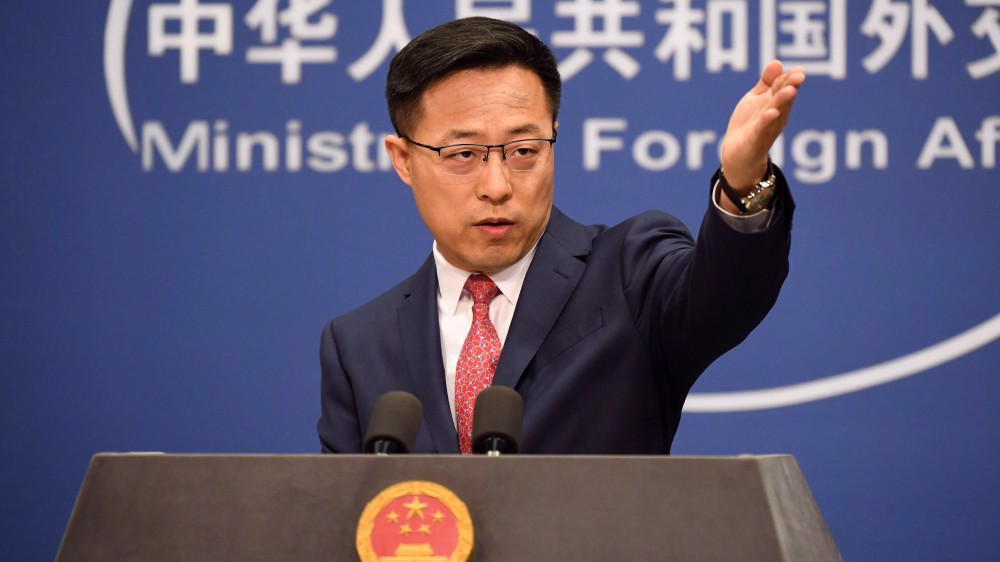
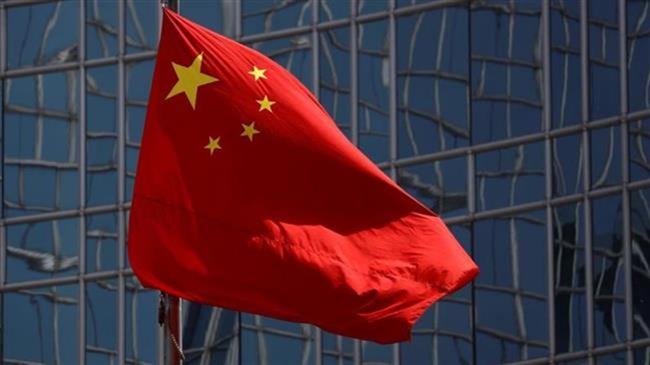

 This makes it easy to access the Press TV website
This makes it easy to access the Press TV website